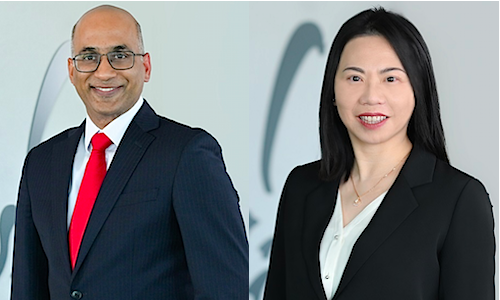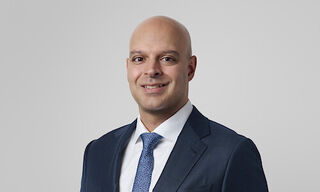A few years ago, a financial scandal in Singapore claimed two Swiss banks. A new case of possibly greater magnitude is looming with Swiss institutions heavily involved.
It all started inconspicuously, and the international media took a long time before focusing on the case. finews.asia reported early on about the vast money laundering scandal rocking Singapore just under two months ago.
It involved a group of native Chinese with foreign passports laundering criminal funds from illegal gambling and other criminal activities in and through Singapore. Ten individuals were arrested in August.
Millions in Swiss Banks
But only a few weeks later did the true extent of their brazen fraud emerge. The Monetary Authority of Singapore (MAS) seized more than $2 billion in assets deposited in ten banks.
It soon became apparent that Swiss banks Credit Suisse and Julius Baer held tens of millions of dollars in assets. In the meantime, the MAS initiated a far-reaching investigation at Credit Suisse, while Julius Baer did not comment on whether such an investigation is underway at their bank to finews.asia.
Hong Kong Now Involved
But that's not all. Another suspect in the Singapore money laundering scandal reportedly deposited more than $7 million with UBS and two Chinese banks. The funds were found not in Singapore but in Hong Kong.
The Singapore money laundering scandal is spreading internationally, reminiscent of one that shook the Asian financial world about seven years ago with offshoots in Switzerland and the US.
Proceedings are Pending
The talk is about the 1MDB corruption and money laundering scandal, where Malaysian state funds were misdirected and diverted via various financial institutions in Singapore, enabling a small group of people to enrich themselves unlawfully.
Among other foreign financial institutions, Banca della Svizzera Italiana (BSI) in Ticino and Falcon Private Bank, a Swiss financial institution with Arab roots, were particularly affected.
Both lost their business licenses and various executives and institutions, notably Goldman Sachs, were punished. Individual proceedings are still pending.
High State of Alert
Some criminal money wound through UBS and Credit Suisse, but they got off lightly. UBS probably benefited from the fact that Singapore's sovereign wealth fund GIC (Government of Singapore Investment Corporation) held a substantial stake in the Swiss bank, which is no longer the case.
The 1MDB scandal not only put Singapore's financial center on high alert for the first time but opened up a debate about how careful Swiss banks are about acquiring new money. This is in an industry where Swiss banking has continued touting its compliance and money laundering prevention for decades as meticulous and world-beating.
Criminal Funds From China
The current money laundering scandal that erupted in early September sent Singapore authorities scrambling, as there are many indications that this could be a second 1-MDB case.
The audacity of the perpetrators, the international interconnectedness, the number of banks involved, namely Swiss banks, and the fact that at least one-fifth of all funds transferred from China to the West are criminal are essential indications of this.
In Singaporean business circles, only some assume the affair will be resolved or settled in the next few weeks or months. Instead, the latest announcement from Hong Kong is a negative signal the case is likely to mutate into a significant burden on the financial industry.
Greatest Transformation
That the names of some Swiss banks again appear in this context is certainly not conducive to Swiss banking, which is undergoing its most significant transformation in the past century.
It reinforces the international perception that Swiss institutions are always on hand when money is to be concealed, evaded, or otherwise dubiously processed.























